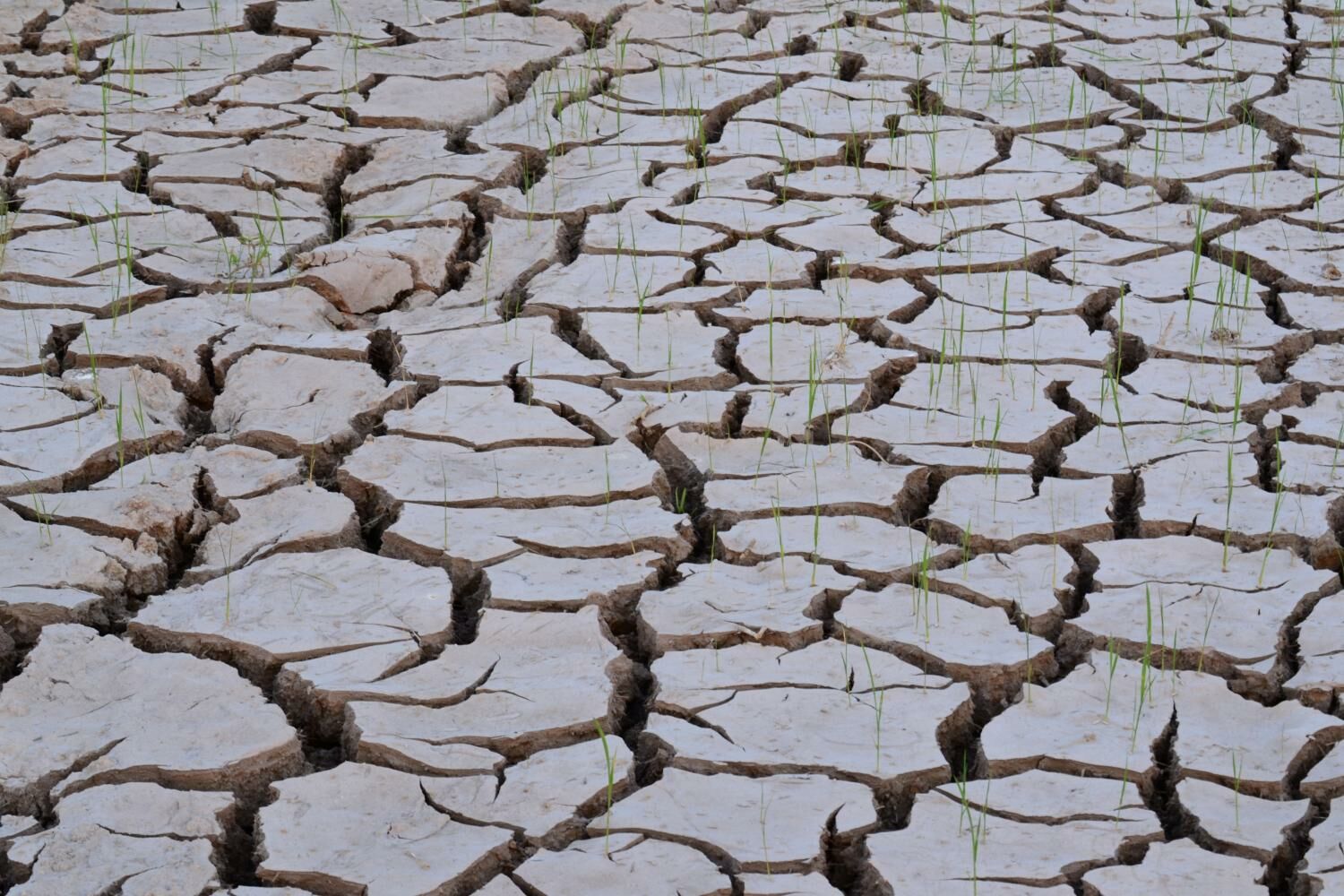El Niño’s unexpected twist: Industries in hot water as mining and livestock hit hard

El Niño’s weather anomaly is triggering a ripple effect on industries beyond just agriculture with mining and livestock sectors also feeling the pinch. This is according to a new study by the Trade Policy and Strategy Office, which warns that the phenomenon may lead to a surge in prices for consumer goods, energy, and inflation, compounded by an increase in international shipping costs.
The director-general of the office, Poonpong Naiyanapakorn, expressed concern over the potential harm El Niño could inflict on Thailand’s agricultural sector. The report suggests that a decrease in income from agricultural and agro-industrial exports is on the horizon, with the mining and livestock industries already seeing adverse effects.
In addition to the economic obstacles posed by the phenomenon, Poonpong also highlighted the issue of increased sea freight costs. The El Niño phenomenon will certainly result in diminished agricultural production, which will push up agricultural prices. But, if the drop in production outpaces the price hike, we could witness a fall in farmers’ income, he explained.
Poonpong disclosed that El Niño is likely to cause a production dip for major farm crops in the 2023/24 season, including rice, maize for animal feed, oil palm, and sugar cane. The production of rice for the 2023/24 season is expected to decline compared to the prior year, but it will be enough to meet domestic consumption and export demands, Poonpong assured.
He also pointed to potential external factors that could affect Thailand’s rice exports, such as Indonesia’s food security policy necessitating rice reserves, India’s export taxes on rice and export restrictions on all rice types except Basmati, and Vietnam’s strategy to decrease rice exports in favour of high-quality rice.
Poonpong noted the recent agreement between Indonesia and India, which allows for the importation of 1 million tonnes of rice from India to secure supplies against potential El Niño-induced disruptions. He stressed the need for Thailand to monitor this situation for potential trade opportunities.
In response to these challenges, Poonpong advocated for Thailand to redouble efforts to increase rice production efficiency, enhance crop varieties for better yields and quality, adopt market-driven strategies, and encourage innovation to boost income and sustain competitiveness.
He revealed that from January to July this year, the value of Thailand’s rice exports rose by 20.6% year-on-year. Poonpong also mentioned that the Commerce Ministry had set up a war room to tackle the impact of El Niño on agriculture. He advised business operators to keep a close eye on relevant information, prepare mitigation strategies, and plan their operations with care and efficiency.
The inaugural meeting of the war room concluded that special measures related to the export and import of El Niño-affected products may not be required this year, as trade activities remain unaffected by the phenomenon so far.
Keerati Rushchano, the permanent commerce secretary, added that the effects of El Niño on trade are unlikely to be felt this year. However, he stressed the importance of monitoring rainfall and water availability during September and October. Continuation of such monitoring next year, when drought is anticipated, would be necessary, and if required, measures including regulations about exports and imports would be considered.
Follow more of The Thaiger’s latest stories on our new Facebook page HERE.
Latest Thailand News
Follow The Thaiger on Google News:


























